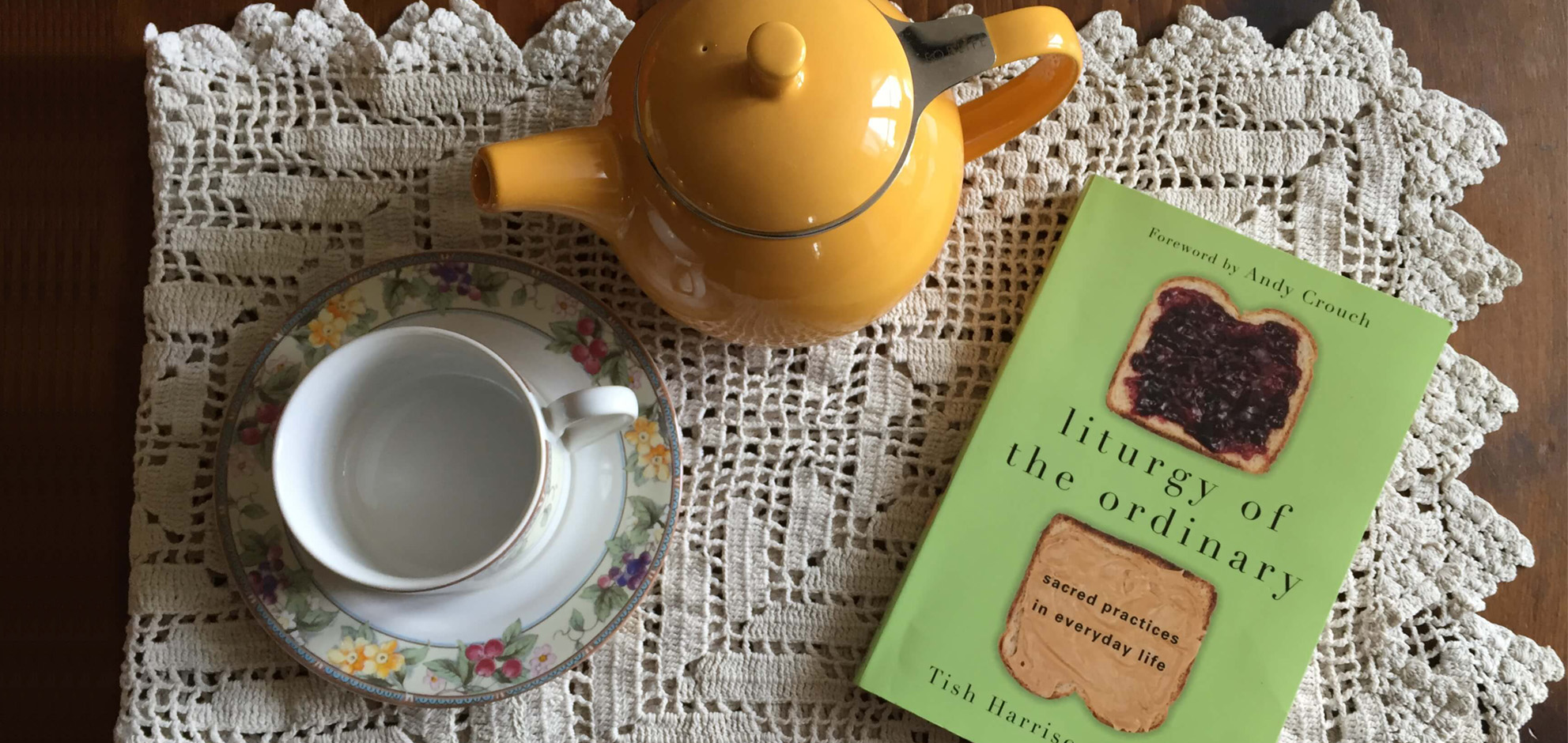
17 Apr Families in Lockdown: The Ordinary Life
Well friends! We’ve made it to week four of lockdown.
Like many of you, I have been juggling children and parenting, homeschooling, work responsibilities, and home life while also being aware of my own needs (spiritual, emotional, mental, and physical) and the ever-evolving needs of the people in my “bubble”.
I could fairly accurately say that I’ve emptied the dishwasher 109 times, made at least 372 meals, and gone on about 56 walks.
How are we all doing?
If I could speak truthfully, from my “bubble” to your “bubble”, it’s been a beautiful gift of time and space to nestle down with the people I love. It’s also been really, really disorienting and confusing.
Everything has changed, and nothing has changed.
There is a global pandemic going on, but dishes still need to be washed and dinner must be made.
We’ve figured out a daily rhythm that works for our family and at this stage it feels that things are becoming “lockdown normal”. Even with the very realness of trauma outside of our little nest, I’m still in my bubble, and, to be honest, it’s almost “ordinary” over here even in its extraordinary reality.
In this time of COVID-19, I’ve begun to ask the question, “If our lives are so full of everyday tasks, what would it look like to participate with God in them?” Or, put another way, “How might I draw my attention to God’s ongoing work in the everyday moments of my life?”
Recently I finished a brilliant book by Tish Harrison Warren called Liturgy of the Ordinary. She is an Anglican priest and mother of two who suggests that the ordinary things we do every day offer an invitation to participate in God’s abiding presence. There is a holy beauty all around, even in the mess of our lives (perhaps, especially in the mess), and we need to pay attention.
Warren talks about “tiny theophanies” where God makes God’s-self known in the everyday moments, like brushing your teeth, or making up the bed, or even fighting with your spouse.
She suggests that everyday tasks are not distractions in the way of seeing God to be hurried up and gotten over, but are conduits to it. They are the very “stuff” that allows us to practice participating in the life of God.
So how does this actually work?
Well, take a meal. When I prepare food for my children (even just a peanut butter and jam sandwich) I’m not feeding them physically, I am caring for them spiritually and mentally. I am fostering in my home beauty, community, hospitality, and service. I am taking part in the work that God has placed in my home, for this time, in this season of life, with these particular people. And because these things matter to God, in ways I admit I don’t fully understand, by making peanut butter and jam sandwiches, I am participating in the ongoing life and work of God.
This example, and many others Warren explores, encourages me because when I need to make another meal or unload the dishwasher again or sweep up those peas from off the floor, I am reminded that God is with me—in my annoyance, in my grumbling, and in my tiredness. God is the God of the pilgrim on the mountaintop, but also the God who is very present in my everyday life. What happens in the hidden-ness of my “bubble” matters to God.
And as God always also reminds me, if I fail at one moment (like screaming at my kids for whining at 5:00pm), there is always another moment for remembering and welcoming God’s presence into my totally messy, extraordinary life… and another… and another… and another.
So what is my hope for you during this extraordinary season? I hope that you might slow down, that you might offer kindness and forgiveness to yourself and others, and that you might keep going. You are not alone. God is with you. Even when the dishwasher needs unloading for the 110th time.

